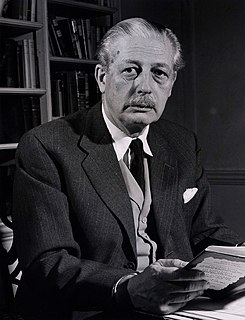A Quote by Antonin Scalia
The Constitution that I interpret and apply is not living, but dead, or as I prefer to call it, enduring. It means, today, not what current society, much less the court, thinks it ought to mean, but what it meant when it was adopted.
Related Quotes
I used to say that the Constitution is not a living document. It's dead, dead, dead. But I've gotten better. I no longer say that. The truth is that the Constitution is not one that morphs. It's an enduring Constitution, not a changing Constitution. That is what I've meant when I've said that the Constitution is dead.
We current Justices read the Constitution in the only way that we can: as Twentieth Century Americans. We look to the history of the time of framing and to the intervening history of interpretation. But the ultimate question must be, what do the words of the text mean in our time. For the genius of the Constitution rests not in any static meaning it might have had in a world that is dead and gone, but in the adaptability of its great principles to cope with current problems and current needs.
The Constitution has to be interpreted loosely, otherwise it becomes a straitjacket. You can't interpret it literally. You can pretend to, and go digging around in 18th Century dictionaries to figure out what 'cruel and unusual punishment' meant or what the 'right to bear arms' meant, but that is all fake really. The Constitution has to be interpreted in light of modern needs, and that's what they (the strict interpreters) end up doing in spite of all their investigations.
Living in the now is freedom from all problems connected with time. You ought to remember that sentence, you ought to memorize it, and ought to take it out, you ought to practice it, you ought to apply it. And most of all, you ought to rejoice in it because you have just heard how not to be wretched, miserable you any more but to be a brand new, and forever brand new man or woman.
It's silly to be depressed by it. I mean one thinks of it like being alive in a box, one keeps forgetting to take into account the fact that one is dead, which should make all the difference, shouldn't it? I mean, you'd never know you were in a box would you?... Even taking into account the fact that you're dead, it isn't a pleasant thought. Especially if you're dead, really. Ask yourself, if I asked you straight off-- I'm going to stuff you in this box now would you rather be alive or dead? Naturally you'd prefer to be alive. Life in a box is better than no life at all.
Living political constitutions must be Darwinian in structure and in practice. Society is a living organism and must obey the laws of life, not of mechanics; it must develop. All that progressives ask or desire is permission-in an era when 'development,' 'evolution,' is the scientific word-to interpret the Constitution according to the Darwinian principle; all they ask is recognition of the fact that a nation is a living thing and not a machine.
Charity is today a 'political charity.'. . . it means the transformation of a society structured to benefit a few who appropriate to themselves the value of the work of others. This transformation ought to be directed toward a radical change in the foundation of society, that is, the private ownership of the means of production.































